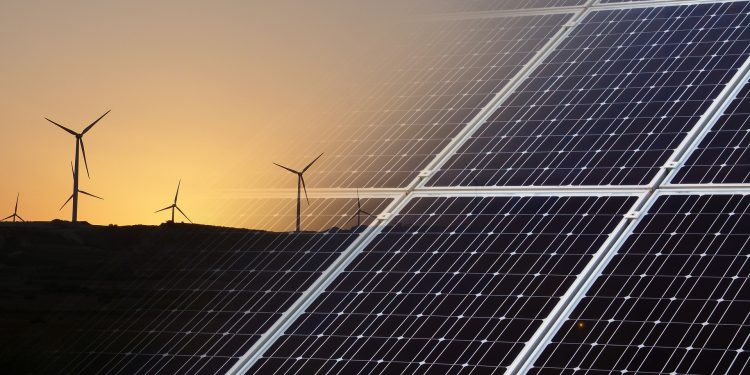President of the United States, Joe Biden, has guaranteed tens of thousands of middle-class employment will be generated with fair play to American citizens possessing a union card by tackling climate change.
However, the recent analysis by Reuters of corporate and state announcements highlighted a concerning trend in applying Biden‘s climate change law. Despite the law’s intentions of uplifting the indigenous manufacturing and clean energy transition, a major portion of the announced investments has gone to states having anti-union laws.
This allotment raises questions about the real impact of the investments on workers and the ability to negotiate for better wages and working conditions collectively. This also underlines the importance of considering the social and economic policies, apart from their environmental benefits.
The Biden administration’s Inflation Reduction Act (IRA) is taking significant steps toward producing clean energy in the United States. The Act offers tax credits to corporations that manufacture clean energy items indigenously. It also has provisions to offer higher credits to renewable project developers who use indigenous manufactured items.
Since August, when the Act was passed, more than 50 factories manufacturing E.V. components like batteries, solar panels, and other clean energy products have been announced, with 83 percent of them being located in the right-to-work states.
These states prohibit companies from inducting union dues in their condition of payment. These factories make up $43.5 billion in investments or roughly 88 percent of the total investments announced by the companies.
As Biden’s administration confronts this test, they must ensure that the sermon they preach about a decarbonized America should include benefits for generating appropriate jobs in the clean energy space. It must not be the case of promising that these jobs will be at par with those lost in oil refineries and coal mines. They must ensure workers have quality jobs with unionized wages and benefits.
The right-to-work laws permit the workers to work in union-represented environments and be insured with the collective negotiation agreements without associating themselves with the union or paying dues. The U.S. has a total of 27 states that have laws. In the 2020 U.S. Presidential election, 20 states amongst these 27 voted for Donal Trump.
According to a study by researchers at Georgia Tech, it was shown that the right-to-work laws are connected with lower unionized rates and wages. This study was conducted in 2020 after analyzing thousands of union negotiation agreements over 18 years in five states.
Win for Labour
The IRA is highly appreciated and welcomed by the labor unions because now the energy generating projects like wind and solar farms will have to pay proper wages to construction workers and on-board probationers to benefit from the tax credits provided to them by the laws.
Whereas, there is discrimination in subsidies being provided to U.S. companies that manufacture E.V. items like batteries, solar panels, etc., which are used further in the construction, eventually generating jobs and still providing employment opportunities after the construction.
South Korean E.V. maker Hyundai Motor Co, Japanese car maker Toyota, and solar panel manufacturer Hanwha Qcells abstained from considering the right-to-work laws. These companies alone account for investments worth $11 billion of the projects.
Unions push ahead
Labour unions have got a tough nut to crack. They are worried about where the investments are headed, Georgia and South Carolina, where union membership among wage and salaried workers is 4.4 percent and 1.7 percent.
Since the IRA has passed, major companies like Hyundai, Hanwha Qcells, and more, have invested $12 billion in Georgia under clean energy manufacturing investment plans.
A few representatives from the labour unions have said that they are searching for employment opportunities in the emerging offshore wind industry.

















